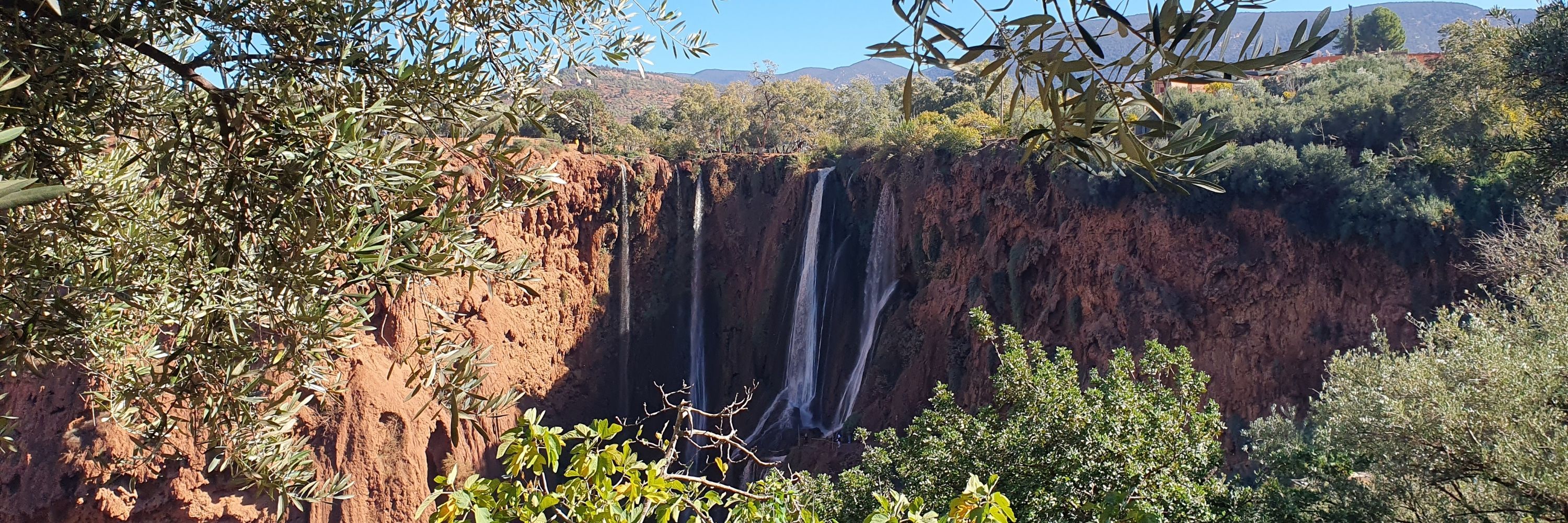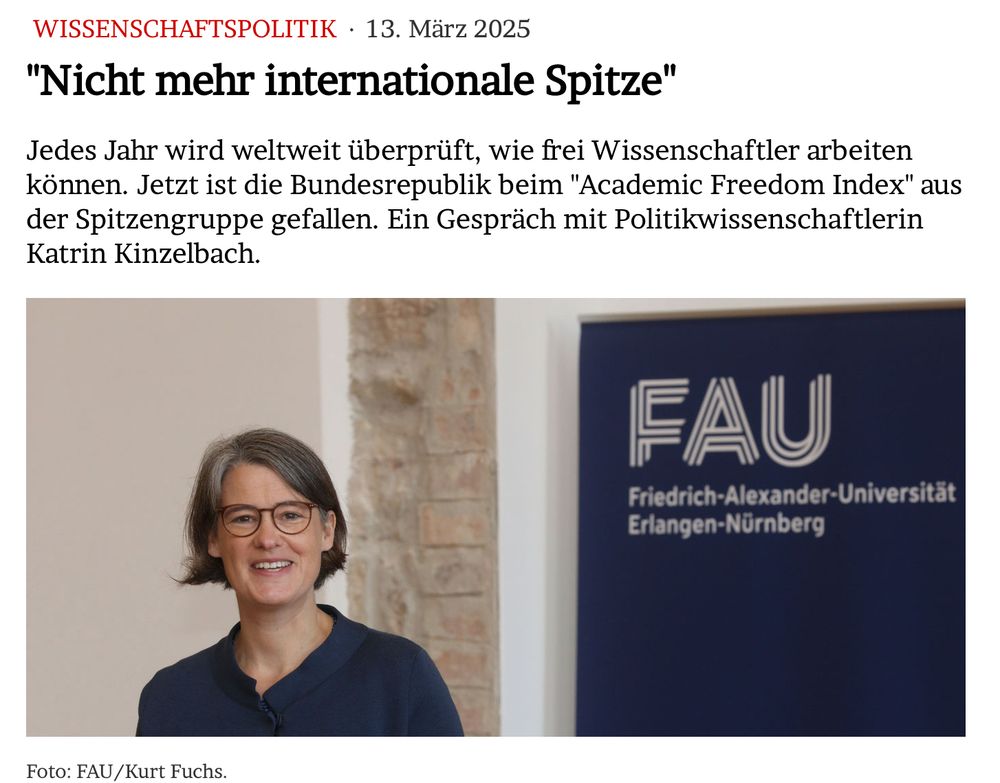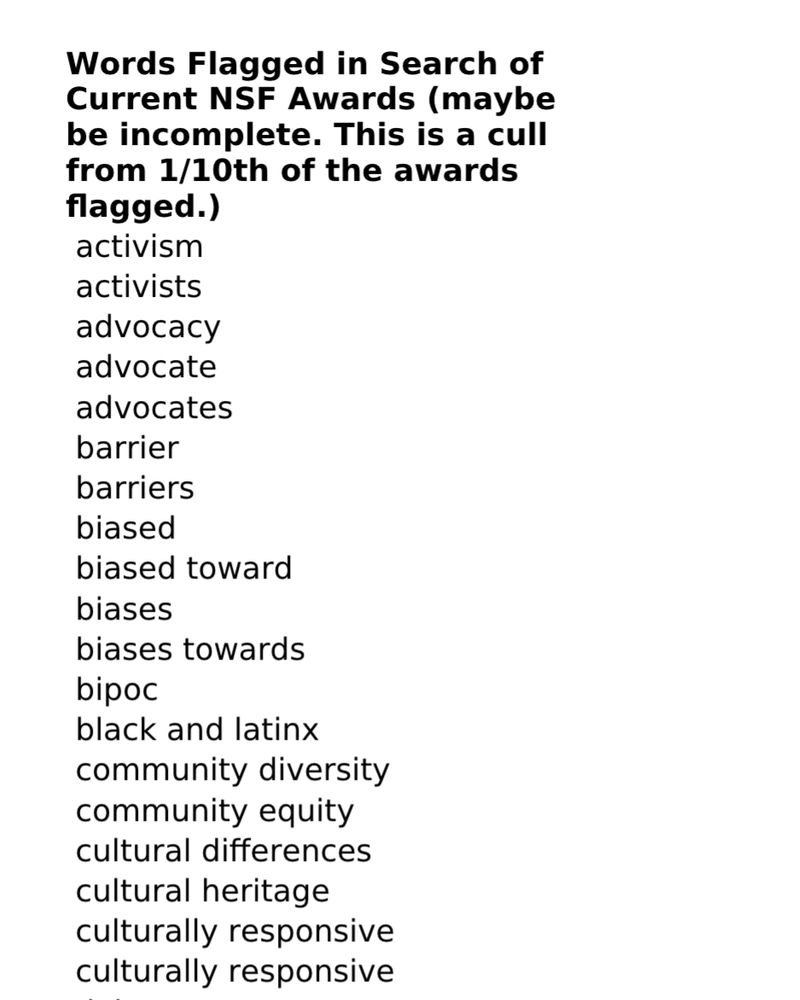
revistes.uab.cat/catjl/articl...
Arabic, (no!) roots & patterns, theoretical phonology and morphology, it's all there!
#Arabic - #linguistics - #langsky - #phonology

yi- if C1 is coronal or emphatic [!]
yiḍḥuk, yiḍrub, yiṣbaġ, yiṭlub
yi- if C1 is coronal or emphatic [!]
yiḍḥuk, yiḍrub, yiṣbaġ, yiṭlub
Jedes Jahr wird weltweit überprüft, wie frei Wissenschaftler arbeiten können. Jetzt ist Deutschland beim "Academic Freedom Index" aus der Spitzengruppe gefallen. Was steckt dahinter? Ein Interview.
Im Tagesspiegel & im #WiardaBlog: www.jmwiarda.de/2025/03/13/n...

Jedes Jahr wird weltweit überprüft, wie frei Wissenschaftler arbeiten können. Jetzt ist Deutschland beim "Academic Freedom Index" aus der Spitzengruppe gefallen. Was steckt dahinter? Ein Interview.
Im Tagesspiegel & im #WiardaBlog: www.jmwiarda.de/2025/03/13/n...
revistes.uab.cat/catjl/articl...
#linguistics
#academicsky

revistes.uab.cat/catjl/articl...
#linguistics
#academicsky
(2) Why does 3fs show /e/ if the ancestor is katab-at?
(3) Does 2fs show deletion of a *long* -ī (*katab-tī)? 1pl can be kt̠ab̠n, where's the -ā of *-nā?

(2) Why does 3fs show /e/ if the ancestor is katab-at?
(3) Does 2fs show deletion of a *long* -ī (*katab-tī)? 1pl can be kt̠ab̠n, where's the -ā of *-nā?
revistes.uab.cat/catjl/articl...
Arabic, (no!) roots & patterns, theoretical phonology and morphology, it's all there!
#Arabic - #linguistics - #langsky - #phonology
revistes.uab.cat/catjl/articl...
Arabic, (no!) roots & patterns, theoretical phonology and morphology, it's all there!
#Arabic - #linguistics - #langsky - #phonology
Berliner Behörden müssen das Recht auf Protest und Nicht-Diskriminierung für alle wahren!

Berliner Behörden müssen das Recht auf Protest und Nicht-Diskriminierung für alle wahren!
#WomenInLinguistics #Histlx #LinguisticBirthdays

#WomenInLinguistics #Histlx #LinguisticBirthdays
Wer ebenfalls Flagge für Demokratie zeigen möchte und dafür noch ein Plakatmotiv braucht, kann sich gerne bei uns (auch per PM) melden - wir teilen unseren #HeineGegenRechts mit euch!


El agua → las aguas
When a singular feminine noun begins with a stressed 'a' or 'ha' sound (agua, águila, hacha), the definite article 'la' changes to 'el' for ease of pronunciation.
#LangSky
I'm happy to announce the 41st Wetzlarer Tage der Phantastik: Beyond Elvish: Constructed Languages in Fantastic Worlds.
12th - 14th of September 2025, Phantastische Bibliothek Wetzlar, Germany.
Submission deadline: 28th of February 2025
www.phantastik.eu/veranstaltun...
I'm happy to announce the 41st Wetzlarer Tage der Phantastik: Beyond Elvish: Constructed Languages in Fantastic Worlds.
12th - 14th of September 2025, Phantastische Bibliothek Wetzlar, Germany.
Submission deadline: 28th of February 2025
www.phantastik.eu/veranstaltun...
Cf. Reiterer et al. 2020,
www.sciencedirect.com/science/arti...
Cf. Reiterer et al. 2020,
www.sciencedirect.com/science/arti...
neerlandistiek.nl/2024/12/in-m...

neerlandistiek.nl/2024/12/in-m...
Arabic: نار nār
Syriac: ܐܫܬܐ ʼešāṯā
Bibl. Hebrew: אש ʼēš
Gəʿəz: እሳት ʼəsat
Tigrinya: ሓዊ ḥawwi
Akkadian: išātu(m)
Mehri: śīwōṭ
English 🇺🇸 fire
Dutch 🇳🇱 vuur
Spanish 🇪🇸 fuego
French 🇫🇷 feu
German 🇩🇪 Feuer
#bluesky#langsky#langtwt#wotd
Arabic: نار nār
Syriac: ܐܫܬܐ ʼešāṯā
Bibl. Hebrew: אש ʼēš
Gəʿəz: እሳት ʼəsat
Tigrinya: ሓዊ ḥawwi
Akkadian: išātu(m)
Mehri: śīwōṭ
You learn a maze of conventions - subscripts; accents that aren’t accents; upper case, lower case & italic latinizations; the abbreviations of 1,000 journals, books & universities; the names of 100 scholars
Then you can start learning the signs
#langsky
- Classical Arabic: li-māðā
- Palestinian Arabic: (ʕa-)lē(š)
- Modern Hebrew: la-ma
- Syriac: l-mānā
- Turoyo: l-mən
- Old Ethiopic: bä-ʼəntä mənt
- Amharic: lä-mən
- Mehri: hɛːɬən ~ wə-koːh
- Akkadian: ana mīni(m) ~ ammīni(m)
(1/2)
- Classical Arabic: li-māðā
- Palestinian Arabic: (ʕa-)lē(š)
- Modern Hebrew: la-ma
- Syriac: l-mānā
- Turoyo: l-mən
- Old Ethiopic: bä-ʼəntä mənt
- Amharic: lä-mən
- Mehri: hɛːɬən ~ wə-koːh
- Akkadian: ana mīni(m) ~ ammīni(m)
(1/2)

Students:
- In language history, x happened because of y
- The letters/sounds Bee, Dee, Gee ...
- Ease/difficulty explains everything
(1/2)
Students:
- In language history, x happened because of y
- The letters/sounds Bee, Dee, Gee ...
- Ease/difficulty explains everything
(1/2)


